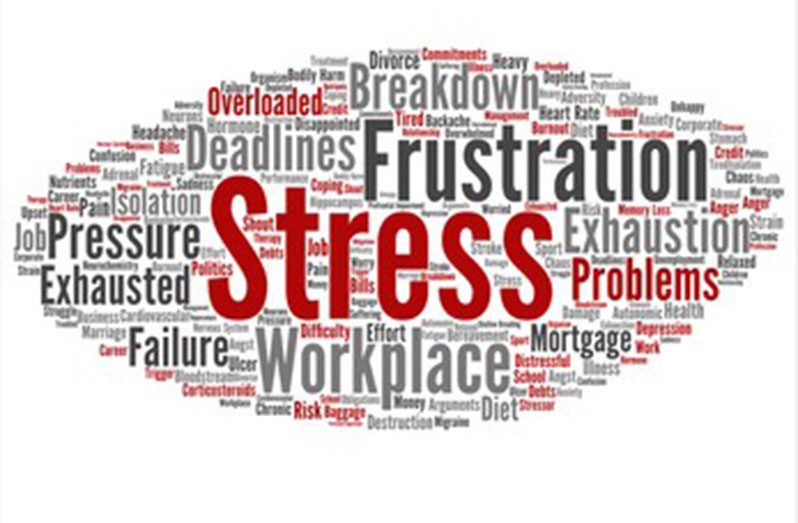By Vanessa Cort
WHEN Mikaela Shiffrin skied off course twice on the slopes of the Winter Olympics now being held in Beijing, China, it highlighted once more the tremendous pressure under which international athletes operate.
Shiffrin, a two-time Olympic gold medalist, was devastated and so shaken up that she reportedly sat on the snow for half an hour after the second mishap.
Known for extraordinary balance and her many relaxation methods prior to a race, the world-class skier, in an interview, actually questioned her abilities and even her future in the sport.
She also told of the many unkind and sometimes brutal social media comments on her disappointing performance. But she is not alone in being on the receiving end of negative comments and harsh criticism from some of the very fans who praised and cheered her on previously.
Star figure skater, Nathan Chen, top-seeded tennis player, Naomi Osaka and world-acclaimed gymnast, Simone Biles are just some of the others who have succumbed to pressure and have been both praised and criticised by fans and fellow athletes alike.
Of course it does not stop there. Entire teams in sport, such as our own West Indies cricket team, have received their share of negative comments through the years, often with particular players being targeted.
But what do we know of the stress under which our international sportsmen and women operate? As fans and supporters we may experience the pleasure of a good performance and the joy of seeing a win. But we know little of the ‘blood, sweat and tears’ spilled by these athletes in preparation for performance in their given sport.
One study by ‘Firstbeat’, a company which looks at stress in professional sports, says that “stress is an inescapable part of sport at the elite level and it is a double-edged sword”. The study goes on to say that if harnessed correctly it can “propel you to perform at your peak when it matters most and allow you to thrive under the high-pressure of game day”, but “a struggle to balance stressors with appropriate recovery”, or the failure to take them into account can lead to “mental errors and physiological issues”.
Stress affects athletes both physically and mentally and has been placed into three categories – competitive, organisational and personal – and each in its own way has an impact. A combination can lead to athletic burnout, depression and even suicidal tendencies.
West Ham United footballer, Michael Antonio, is quoted as saying: “Imagine you had a bad day and then you had thousands of fans telling you you’re terrible. There is a massive stress in the game when you have to constantly be your best.”
His words can no doubt be echoed by members of any international sports team or any individual participant in international sport, whether it be a golfer, a tennis player or a figure skater.
And lecturer in sports coaching and expert in endurance sports, Andy Kirkland Ph.D, underlines that an athlete’s well-being and performance “are not separate”.
So I would urge fans and supporters to show greater understanding for our sportsmen and women, particularly when they are on a losing streak or simply having a bad day.
Even one of the greatest swimmers of all time, American Michael Phelps, has talked openly about his mental health challenges such as depression and suicidal thoughts in an interview, giving rise to the phrase, ‘It’s okay not to be okay’.
And in recent good news, skier Mikaela Shiffrin has rejoined the competition and is back on the slopes of the Beijing Winter Olympics. In a public statement she thanked those fans who remained loyal to her for their outpouring of love and support.



.jpg)










